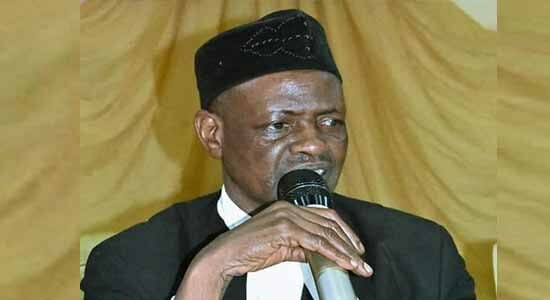The Chief Judge of Katsina State, Justice Musa Danladi Abubakar, has warned that inadequate funding threatens the independence of the judiciary and undermines public confidence in justice delivery.
Justice Abubakar, in an interview, described funding as the foremost challenge facing courts, noting that despite being a separate arm of government, the judiciary is often treated like an agency that is dependent on the executive.
“The judiciary is not an agency but a co-equal arm of government,” he said. “Yet, resources meant for it are released late or in inadequate amounts. Without funds, we cannot summon witnesses, conduct investigations, or even manage logistics for trials. This is a direct attack on justice.”
Justice Abubakar emphasised that financial starvation not only cripples court operations but also erodes citizens’ right to fair and timely trials. With limited manpower and poor infrastructure, he noted, courts struggle to keep pace with rising litigation driven by population growth and insecurity.
“We cannot speak of speedy trials when the basic tools are lacking, even reforms we introduced such as community dispute resolution centres and restorative justice are constrained by lack of funding. The people suffer when justice is delayed”, he said
According to the Chief Judge, systemic delays are worsened by poor financing of investigations and prosecutions, leaving many criminal cases, including terrorism and corruption trials to drag on for years. Prison congestion remains high despite efforts to discharge those wrongfully detained or eligible for bail.
He restated his ambition to ensure that within five years, no civil or criminal case lasts longer than one year in Katsina courts, but stressed that the target is unrealistic without financial autonomy.
Justice Abubakar urged both federal and state authorities to prioritise full implementation of financial autonomy for the judiciary as enshrined in the constitution.
He argued that only guaranteed resources can enable the judiciary to perform its constitutional duty without interference.
“My legacy will be for the Katsina judiciary to be remembered as a system where justice is swift, fair, and accessible, but this cannot happen if courts are starved of funds. Judicial independence is meaningless without financial independence”, he said.







